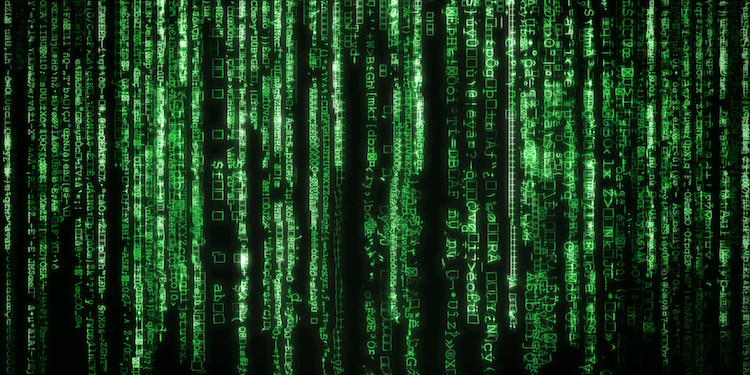Photo: Warner Bros.
If someone were to tell you today that we are possibly living in a simulation, you’d probably balk at them, and perhaps rightly so. That sounds like the kind of impossible science fiction nonsense that only a looney conspiracy theorist could possibly believe. Either that, or something straight out of The Matrix trilogy. Believe it or not though, there are a number of scientific theorists arguing in favor of the idea that we very well could be in some kind of ultra-advanced computer simulation at this very moment.

The idea is that, given the surprisingly speedy rate at which computer graphics are improving in our world continues into the coming years, it won’t be much longer before 3D animation becomes indistinguishable from our visible reality in what we call “the real world”. This being the case, it would stand to reason that someone else might be able to simulate a photorealistic world as well, and perhaps that could even be what our world actually is at this very moment.
The scientific advancement perspective on this isn’t the only way of viewing it, however. Some philosophers also argue that the idea that we are living in some kind of a simulation is not only possible, but likely. They do this not on any strictly scientific basis, but on the basis of more abstract logic and reasoning as well. The argument goes that in the future of the human race, humans will either go extinct before reaching a “post-human” stage, we will make it to a “post-human” stage but run very few simulations of past history, or we are living in a computer simulation.

Given these possibilities, it seems unlikely that humans will go totally extinct before figuring out how advanced simulations work and it also seems unlikely that such simulations could be stopped upon being invented. Humans are naturally curious and advancements always seem to happen, for better of for worse. Because of this, we are likely to run many simulations, and these simulations would eventually become so advanced that the virtual people within them would have their own consciousnesses. Given this, it seems overwhelmingly likely that we already are in one of these simulations. After all, there could be hundreds or even thousands of simulated worlds, but only one “real” world, and so statistically it is unlikely that we are living in the singular “true” existence compared to the chances of us living in one of the simulated universes.
Now, this has a lot of issues to overcome as a theory. For one, it requires a certain level of additional information. It requires the thinker to seriously ask themselves how this simulation might even work. Could it glitch out? Could it be shut down by someone in another world? How would we even know this? That last question is especially important because it touches on the seeming un-falsifiability of this theory. Even though it logically seems to check out, there’s no real way to disprove it even in abstract and so there might be reason to be suspicious of it. On top of that, it would also fundamentally destroy our basic assumptions about the world if it ended up being true, and that’s a lot of epistemological (knowledge-based) weight to lift for a single theory. Besides, from a more scientific angle, the amount of storage that would be required to contain an entire universe would be staggering.

The point being, while it may be surprising to you that the idea of living in a simulation has been supported with substantial arguments, it’s not a sure thing either. Regardless of whether or not we’re actually living in a simulation, just thinking about the concept is fascinating. It opens up endless possibilities, and it’s a great exercise for practicing critical thinking if nothing else. If your head hurts right now, that’s a good thing because it means that your mind is expanding. Either that, or it’s just a glitch.
h/t Indy100






